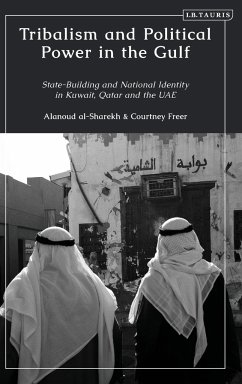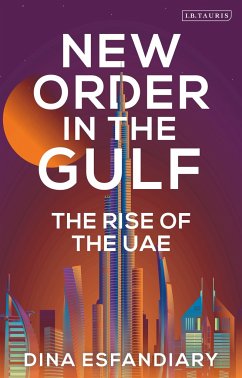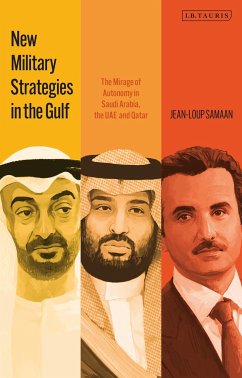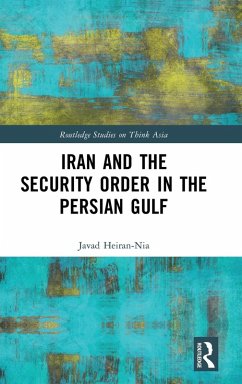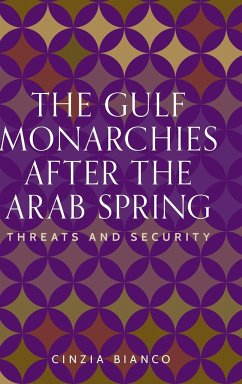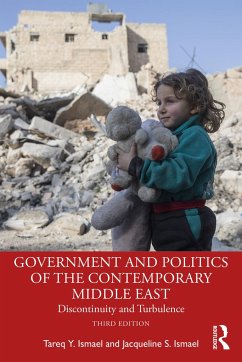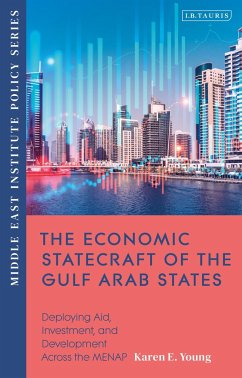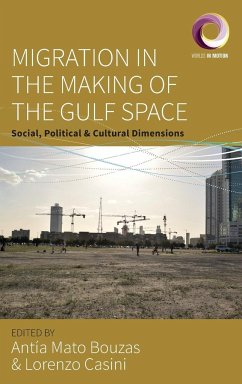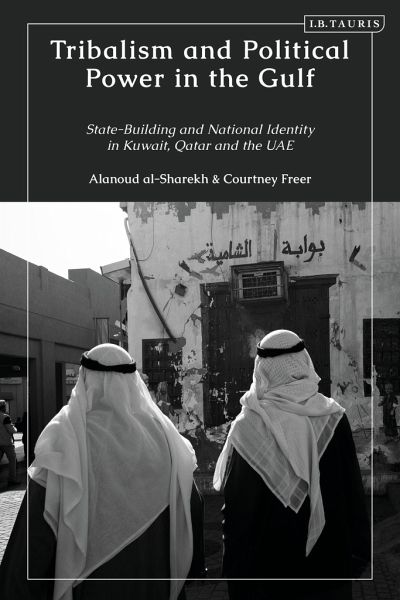
Tribalism and Political Power in the Gulf
State-Building and National Identity in Kuwait, Qatar and the Uae
Versandkostenfrei!
Versandfertig in über 4 Wochen
30,99 €
inkl. MwSt.
Weitere Ausgaben:

PAYBACK Punkte
15 °P sammeln!
Gulf societies are often described as being intensely tribal. However, in discussions of state building and national identity, the role of tribalism and tribal identity is often overlooked. This book analyses the political role of tribes in Kuwait, Qatar and the UAE aiming to understand the degree to which tribes hinder or advance popular participation in government and to what extent they exert domestic political power. The research traces the historical relationship between ruling elites and nomadic tribes, and, by constructing political histories of these states and analysing the role of tr...
Gulf societies are often described as being intensely tribal. However, in discussions of state building and national identity, the role of tribalism and tribal identity is often overlooked. This book analyses the political role of tribes in Kuwait, Qatar and the UAE aiming to understand the degree to which tribes hinder or advance popular participation in government and to what extent they exert domestic political power. The research traces the historical relationship between ruling elites and nomadic tribes, and, by constructing political histories of these states and analysing the role of tribes in domestic political life and social hierarchies, reveals how they serve as major political actors in the Gulf. A key focus of the book is understanding the extent to which societies in the Gulf have become 're-bedouinised' in the modern era and how this has shaped these states' political processes and institutions. The book explores the roles that tribes play in the development of "progressive" citizenship regimes and policymaking today, and how they are likely to be influential in the future within rentier environments.




